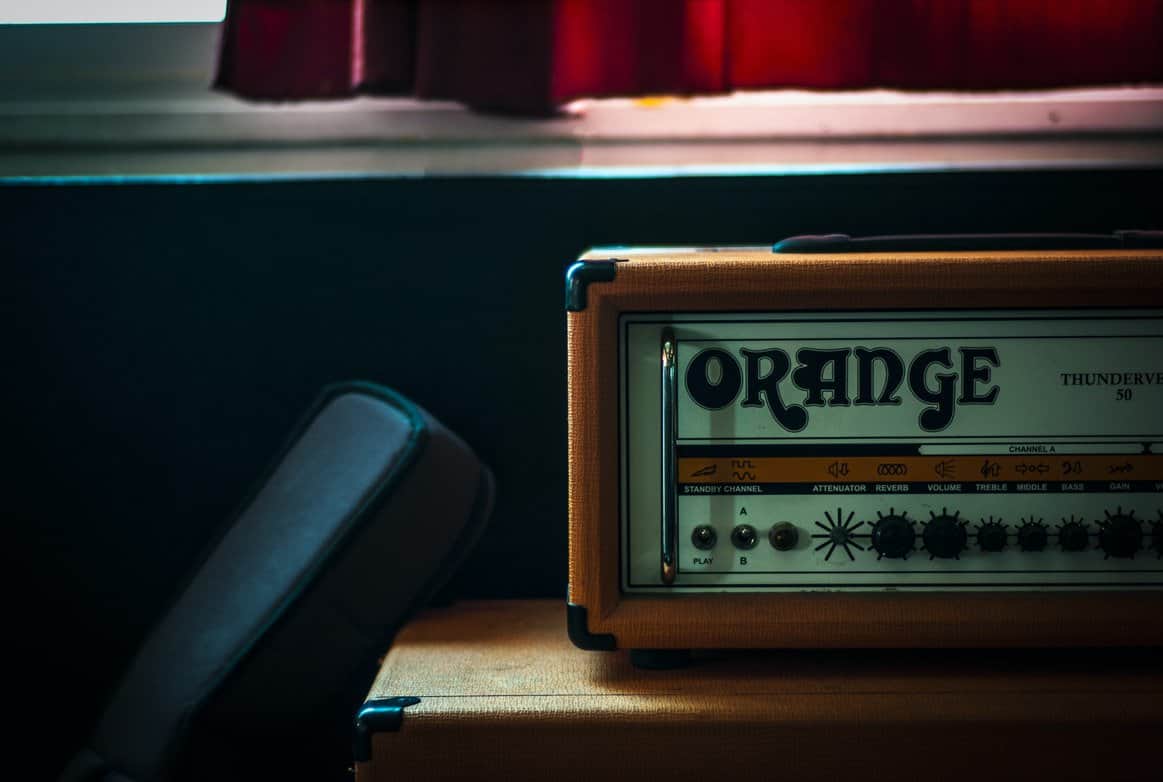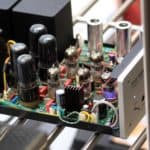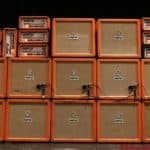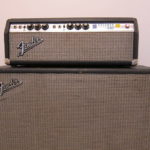Perhaps you are considering getting a new amp, and among the options, there is this tube amp that caught your eye and ears.
But as a bedroom player, you might not be able to play it as loud as you want it.
Would that harm the tone you could get out of it?
Are there alternatives?
Well, here’s a quick answer:
It’s true that tube amps shine at high volumes, especially those designed to be used at their breakup point, where part of the tone is created by the power stage about to blow up. However, for cleaner tones, lower volumes are not that detrimental. There are options such as attenuators and low output amps.
In this article, I will walk you through all the alternatives you have as a bedroom player with a tube amp.
After leaving this page you will know if a tube amp is right for you, and what are your alternatives anyway.
Are you ready to get started?
Let’s go!
Can you play tube amps at low volumes?
You can play tube amps at low volumes with no problem. It’s a myth that they don’t work at all unless they are cranked.
The thing is that many tube amps’ iconic tones are produced by pushing their power stage to the limit.
Think of that sweet marshall overdriven sound. That’s a power stage about to blow up right there.
Although most modern amps come with channel and master volumes, that allow you to make a channel breakup, the cherry on top, in terms of tone, tends to be placed by the master volume cranked.
For cleaner tones, I would say that volume is not such a big deal.
If you are shaping your tone mostly with pedals, there also wouldn’t be a great loss in keeping things quiet.
However, is a tube amp actually worth it then?
Is it true that tube amps sound bad at low volumes?
It is true that many tube amps can’t achieve their intended sound if played at low volumes.
This is a big limitation for those players expecting to get a saturated overdriven tone out of the box.
Their tone at low volumes is not horrible, though.
This is a common misconception: It’s not that tube amps played quietly will sound like crap, it’s just that they won’t sound as in a legendary album.
They are still completely playable, though, and great for practicing.
How bad do tube amps sound at low volumes?
Quantifying how bad or how good something sounds is something completely subjective, and a thing I encourage you to test at your local music store.
What I can tell you is that, for instance, if an amp out of which you intend getting an overdriven tone doesn’t have separate channel and master volumes, it will be a lost cause if you can’t crank it.
I’m talking about vintage reissues or vintage-inspired models, not modern alternatives for more contemporary sounds that rely on preamp gain.
Again, I think that it will be best for you to try it out for yourself and deem if their quiet setting is good enough for your needs.
Are there tube amps that sound good at low volumes?
You see, necessity is the mother of invention, and with the current popularity of bedroom guitar playing, and the vintage craze, manufacturers started catering to this valve-thirsty niche.
In the most recent decades many small tube amps started appearing in the marketing, coming as low as 0.5 watts of output, and in many cases with switchable output powers, ranging from 0.5 watts to 5 watts in different steps.
Something like this, in the golden years, was unheard of.
Back then it was just a matter of setting the volume to 11 and just playing. There was no such thing as the need for a saturated power section in a bedroom studio.
Do solid-state amps sound better than tube amps at low volumes?
Solid-state amps and tube amps, in my opinion, sound quite different altogether.
There are many different models, and alternatives, so whatever I state will be heavily contested.
In my opinion, there are many solid-state amps very competent at low volumes, but many of them will lack that extra edge when cranked.
So, in short, for playing quietly, it will pretty much feel the same, or even better with a solid-state amp.
For gigging and recording with no volume boundaries, I would absolutely go for a tube amp.
Do digital amps or amp sims sound better than tube amps at low volumes?
But the dichotomy between solid-state and valve amps has been broken, again, at least in the last decade.
Digital amps are becoming more popular by the minute, and as technology evolves, they are becoming an overwhelmingly great alternative, very hard to ignore.
These virtual amps emulate the sound and even the feel of just about any tube or solid-state amp, with no room allocation issues, and most importantly with no volume troubles.
Do you want to play them through your pc speakers? No problem.
Hey, you want to listen to what you play on headphones? Absolutely no issues there.
If you have access to a rather modern computer, and an audio interface, digital amps are a bedroom player’s best friend.
Is there a way of playing a high output tube amp at low volumes with a good tone?
The only way that comes into my mind of playing a big, high-output tube amp at low volumes nowadays is by using an attenuator.
Attenuators are rather small units that are placed between the amp head and the speakers.
They allow you to crank your amp, while “eating up” the loudness it outputs before it gets to the speaker.
This way, your amp’s power stage gets to be used at red hot levels, but your neighbors don’t raid your apartment.
You get the best of both worlds, at an extra cost, that in most cases is not neglectable, sadly.
Is it bad for a tube amp to be played at low volumes?
Absolutely not.
It’s not bad for a tube amp to be played at low volumes. I would even say that the contrary is true: Playing a tube amp at low volumes will probably extend its lifespan before needing maintenance.
I would argue that valves will last for longer under a lighter load, and also the lack of extreme vibrations due to sheer volume will prevent a lot of common usage damages or deteriorations.

Hello there, my name is Ramiro and I’ve been playing guitar for almost 20 years. I’m obsessed with everything gear-related and I thought it might be worth sharing it. From guitars, pedals, amps, and synths to studio gear and production tips, I hope you find what I post here useful, and I’ll try my best to keep it entertaining also.





